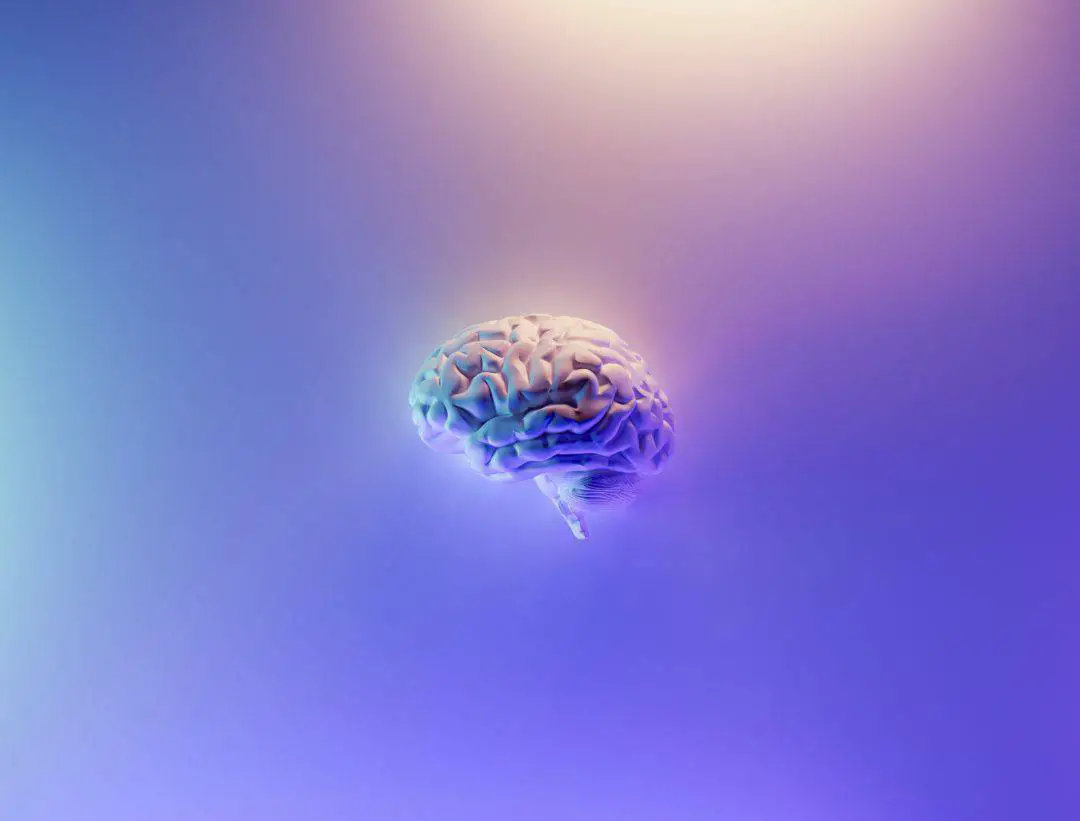Researchers found out that the brain of a human has high plasticity, which can be structured through lifestyle and diet choices. Unfortunately, I have been persuaded by the sugar and processed foods industries into thinking that it is completely practical for sugar to be included in my regular healthy diet. If I eat ice cream or a fruit, there will be no threat for me, but the majority of people are overeating.
An average person in the United States of America eats more or less 150 grams of sugar on a daily basis. Another figure suggests that almost 50 percent of people in the country eat almost 225 grams daily. Heart disease, obesity, and type-2 diabetes are triggered by poor diet and additional sugars. However, a link to having brain difficulties?
The majority of people in the United States of America are not aware of the hazards that sugar pose to our brain. Researchers have proved that a high-sugar diet causes transformation in gut bacteria. Consequently, a shortfall of cognitive flexibility is there, which is the extent of the ability of the brain to adjust to the fast varying situations. A huge loss of long-term and short-term memory is noted as well. In only a month of eating high sugar amounts, my body performed poorly in physical and mental activities compared to when I ate a healthy diet.
Sugar Has Negative Effect on the Brain

The brain makes use of more energy compared to other human body organs, and glucose is the main fuel source. However, what takes place once the human brain is exposed to a huge amount of sugar in my diet?
In this situation, more is certainly a disadvantage! In the human brain, too much sugar weakens both self-control and cognitive skills. For a lot of people, less sugar consumption fuels the craving for a lot more. Sugar has drug-like results in the brain’s reward center. Scientists have suggested that sweet foods – together with fatty and salty foods – can generate addiction-like results in the brain of a human, leading to self-control loss, overindulging, ensuing weight gain.
In the early history, the stimulus helped in producing calorie-rich foods, which helped survival once the food was in short supply. However, this primitive drive leads to epidemics of diabetes and obesity these days. The neuro-biochemical and behavioral traits of overeating and substance abuse are quite the same, and the perception of food addiction is progressing amongst scientists and researchers.
The Reward Response of Sugar
In humans, foods rich in glucose have been discovered to activate brain areas linked with the reward response and incite more deep hunger feelings than foods with low glucose. Foods that lead to a higher blood glucose elevation generate a greater addictive urge within the brain.
Addiction to Sugar

Further research carried out on the brain’s activity has given evidence supporting the notion overindulging changes the human brain’s reward system, which greatly stimulates overindulging. This similar process is believed to trigger tolerance related to addiction.
Over time, excessive substance amounts are needed in order to attain a similar reward level. Researches suggest that overindulging leads to a decreased reward response and gradually deteriorating addiction to foods with low nutrients, which are rich in fat, salt, and sugar.
How Sugar Affects Memory

Within the body of a human, too much sugar is detrimental. Even one occurrence of high glucose within the bloodstream can be detrimental to the human brain, causing slowed cognitive role and shortage in attention and memory.
A number of studies show that consumption of high sugar leads to brain inflammation, causing memory problems. A study performed in 2016 in Behavioral Brain Research discovered inflammatory indications exist in the rats’ hippocampus fed with a high sugar intake but in those fed with a standard diet. However, the good thing is that this inflammatory impairment from sugar is only temporary.
Effects of Sugar on the Mood
Sugar impacts the mood as well. In healthy individuals, the ability to handle emotion is cooperated with high blood glucose, based on the study of brain imaging. Another research released by Diabetes Care discovered that individuals who are suffering from type-2 diabetes described increased emotions of anxiety and sadness throughout high blood sugar (acute hyperglycemia).
Conclusion
Overindulging, formation of poor memory, depression, and learning disorders – all have been associated with the previous study to sugar over-consumption. In addition, these associations indicate a problem that is just starting to be further understood: what the lingering intake of too much sugar is doing to the brains of a human being.
As stated by the (USDA) (US Department of Agriculture), the average individual in the United States of America eats almost 156 pounds of more sugar on a yearly basis. That is equal to 5 shelves in the grocery store filled with 30 or more pounds of sugar bags each. I found it hard to accept as true since sugar may be very ubiquitous in my diet plans that I have no real idea how much I am consuming. The CDC (Centers for Disease Control) puts the quantity of 27.5 sugar teaspoons per day each person, which converts to 440 calories – almost a quarter of a standard 2000 calorie diet on a daily basis.
The main word in these statistics is “added.” Whilst a healthy nutrition would have a huge amount of purely occurring sugar (for instance, in grains and fruits), the dilemma is that people are chronically eating a lot more added sugar to their processed foods. They are usually in the quickly absorbed fructose form. Hence, these studies prove that the majority of individuals are severely harming themselves with processed foods that are high in sugar, and that damage starts with the brain!